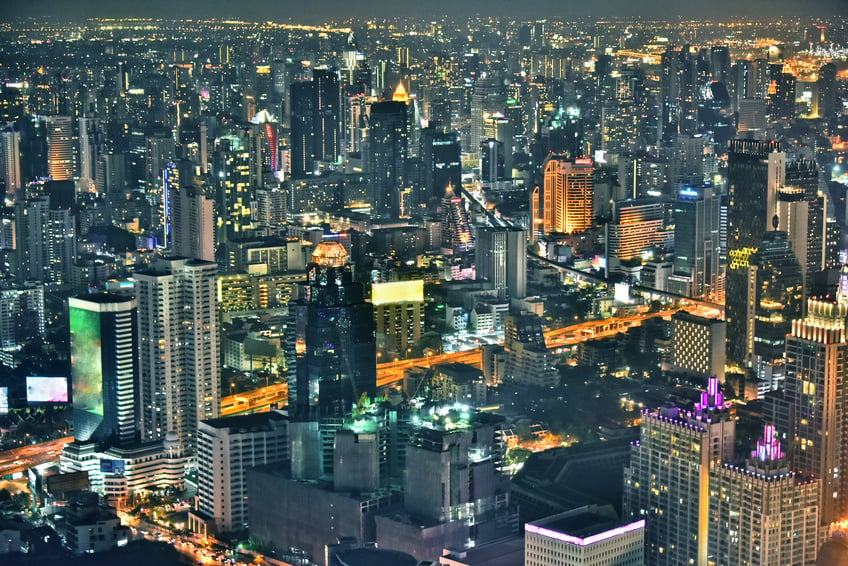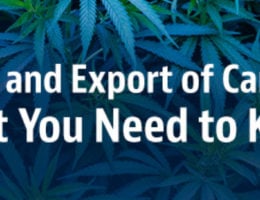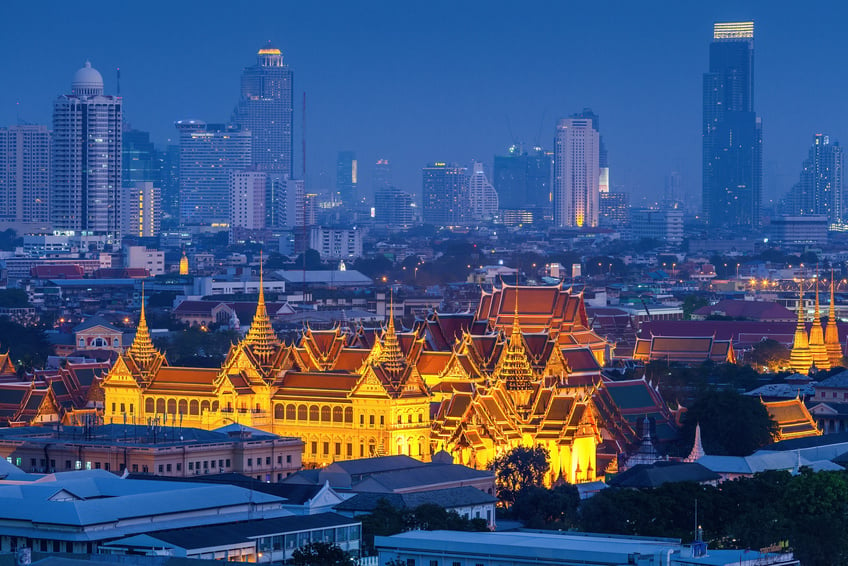Following the issuance of the notification from the Ministry of Public Health regarding determination of category V narcotics, B.E. 2565 (2022), the Thai Food and Drug Administration has recently provided guidelines.
The Thai Ministry of Public Health issued the ministerial regulation on the application for and the issuance of the license for the manufacturing, import, export, sale or possession of cannabis.
Healthtech gained tremendous attention during the past year or so as a result of the pandemic-driven lockdowns and restrictive circumstances. As we discussed in the past, government agencies around the world had invariably leveraged technology to support healthcare delivery and services over the years, and these efforts have accelerated in response to the pandemic. In the case of Thailand, based on its 10 year national health security plan, the Ministry of Public Health has progressed and implemented its policy by working with relevant government agencies such as the Food and Drug Administration, the Medical Council of Thailand, the Pharmacy Council and the National Broadcasting and Telecommunications Commission to develop and issue guidelines for telehealth services.
Join our webinar on Thursday, 20 January 2022 for an engaging discussion on trade compliance, customs laws and risks of sanctions within the cannabis industry. Our panel of legal experts in international trade compliance will discuss such topics as: what the cannabis industry can do to be more trade compliant, how to navigate the multi-jurisdictional variances in customs laws, how to reduce the risks associated with the import and export of cannabis and how to identify and mitigate sanctions risks.
In a recent interview Mr. Anutin Charnvirakul, the Minister of Public Health, lauded the many community enterprises all over Thailand which have been growing cannabis for hospitals to extract for medical purposes and the hundreds of medical cannabis clinics all over the country which have proven to be very popular with the Thai people. The Minister was pleased with how Thai people have embraced cannabis and has again stressed his mission to make cannabis both a cash crop, as well as a medicine, for the nation. He also mentioned intended efforts to continue with liberalizing the laws and regulations on cannabis even further to increase access to cannabis.
In the current narcotics and psychotropic substances regulatory regime, there are numerous laws governing narcotics and psychotropic substances which are enforced by different regulatory bodies. The Thai government aims to modernize certain current provisions and to incorporate these laws into the Narcotics Code for ease of reference and consistency in law enforcement.
The Ministry of Public Health has issued notifications to amend the list of formula of Thai traditional medicine containing cannabis under the Herbal Product Act which is allowed for use to treat a disease or for research, and to amend the information, warnings or precautions required to be displayed on the package inserts of Thai traditional medicine containing cannabis.
In our previous article in the healthcare transaction series, we highlighted the need to review a target’s supply chain as one of the key areas and issues that one should pay attention to when carrying out a due diligence investigation on a healthcare & life sciences (HLS) target. This exercise in revisiting one’s supply chain in light of the COVID-19 pandemic and emerging industry trends, including (among others) digital transformation, will ensure that the company’s supply chain is resilient, compliant, and ready to meet the challenges and opportunities in the HLS industry.
Pursuant to our previous articles about medical devices and their development in Thailand following the Medical Device Act B.E. 2551 and its amendments, which were adjusted according to the ASEAN Medical Device Directive, there have been more updates on the medical device regulations under the Thai Food and Drug Administration (FDA).





